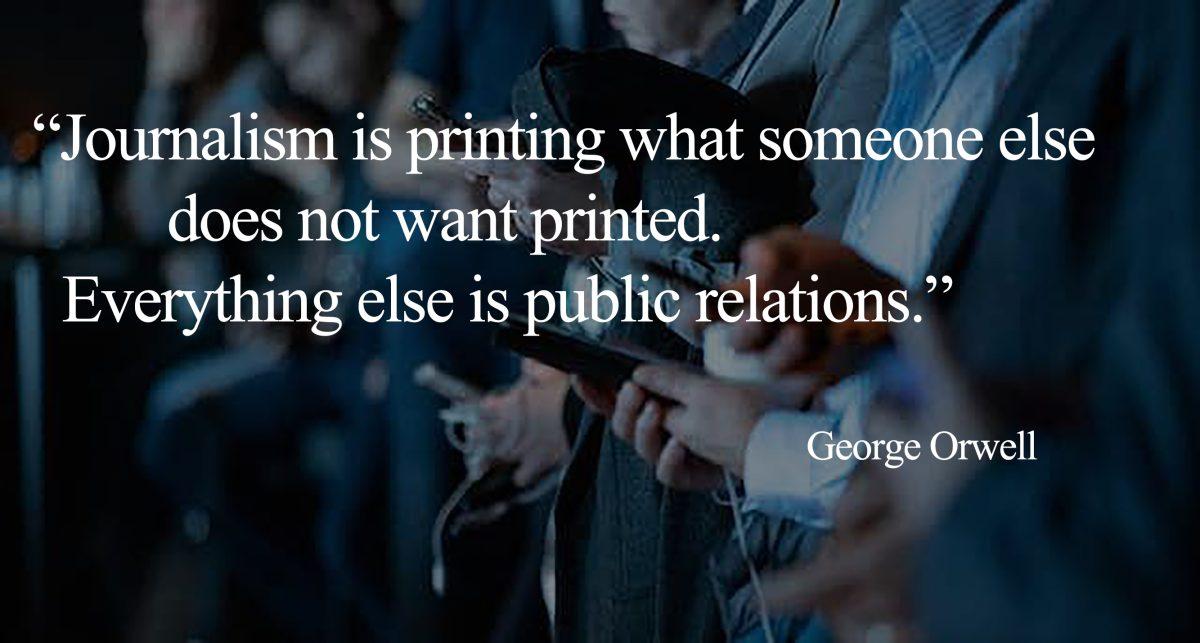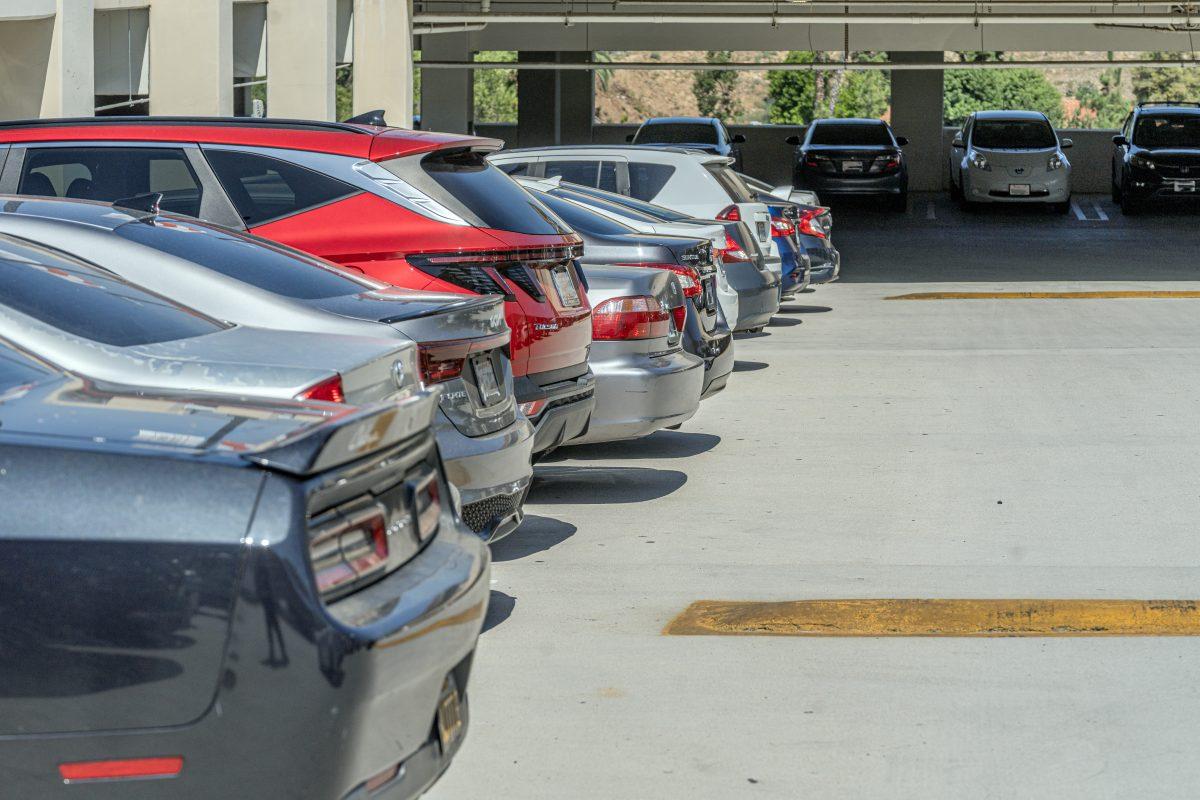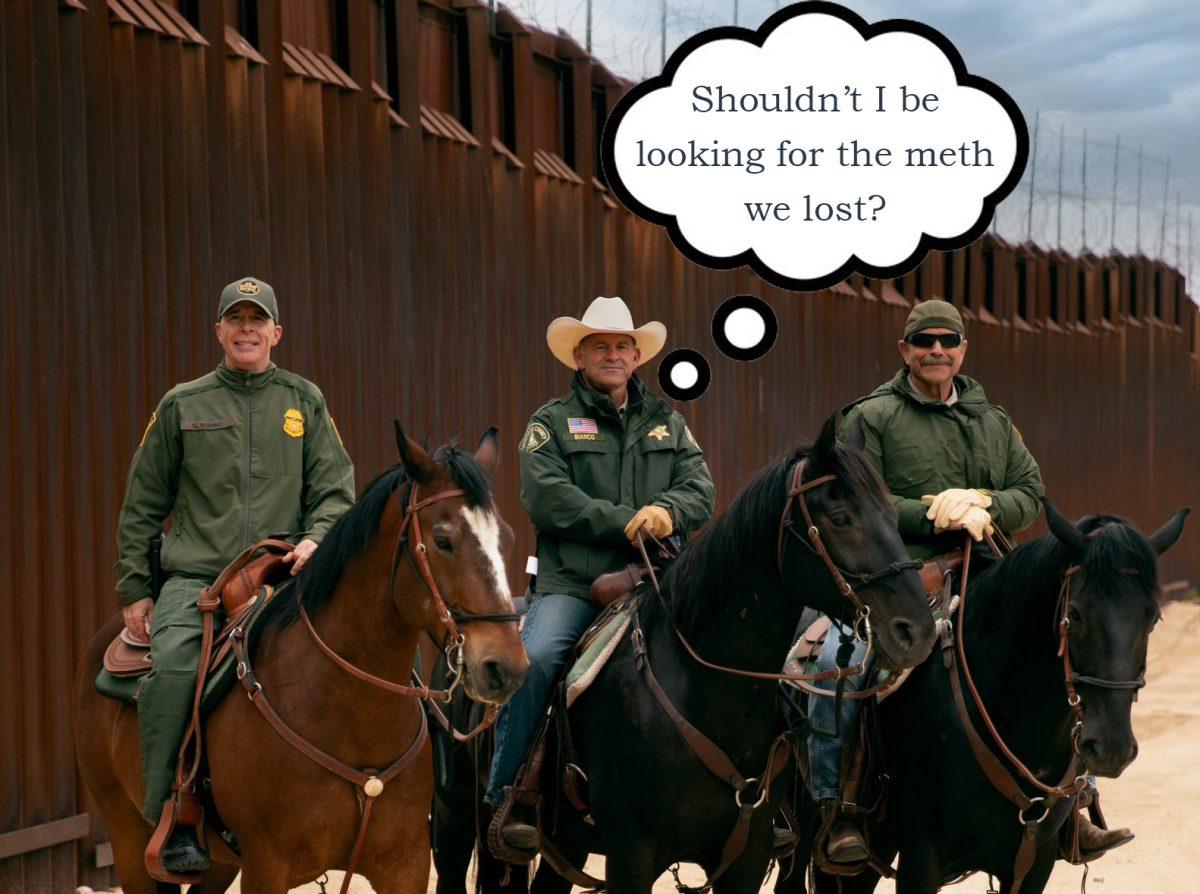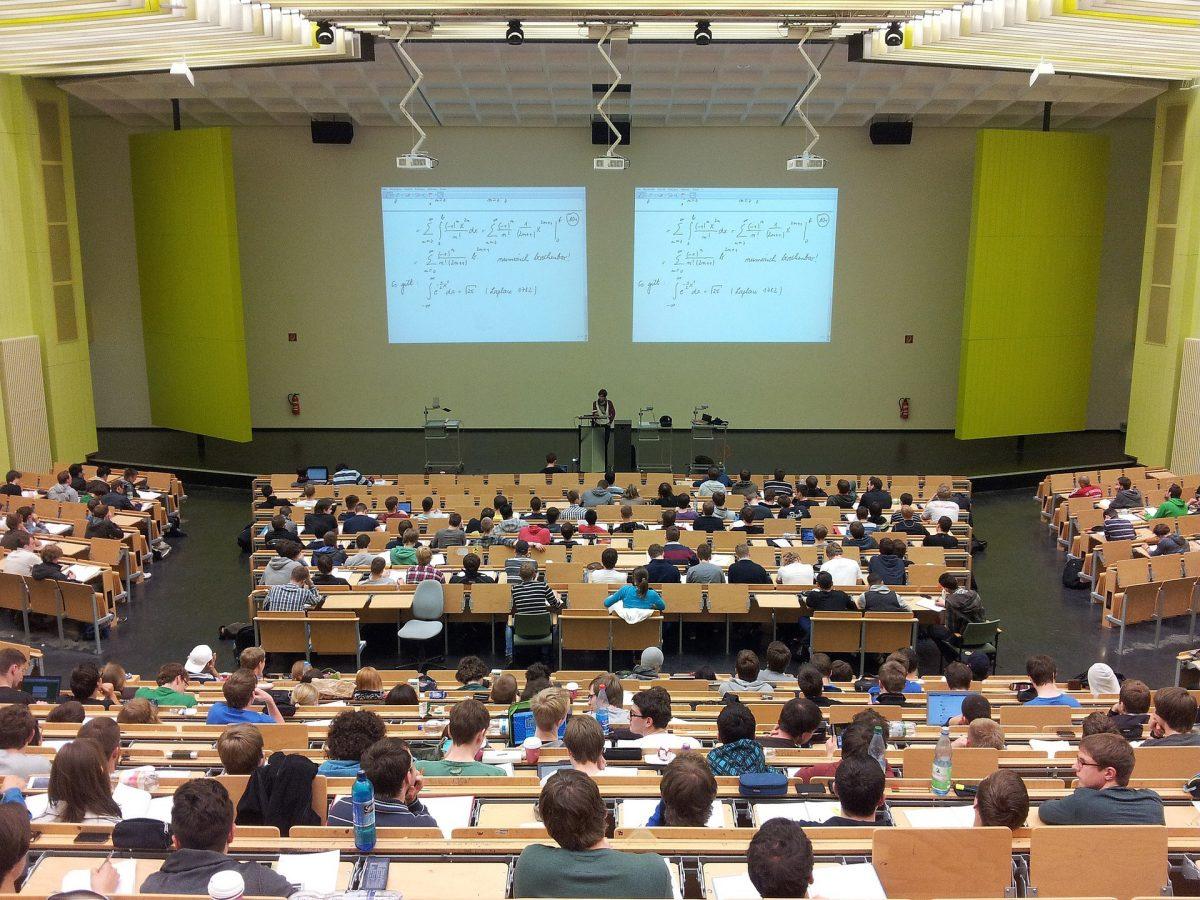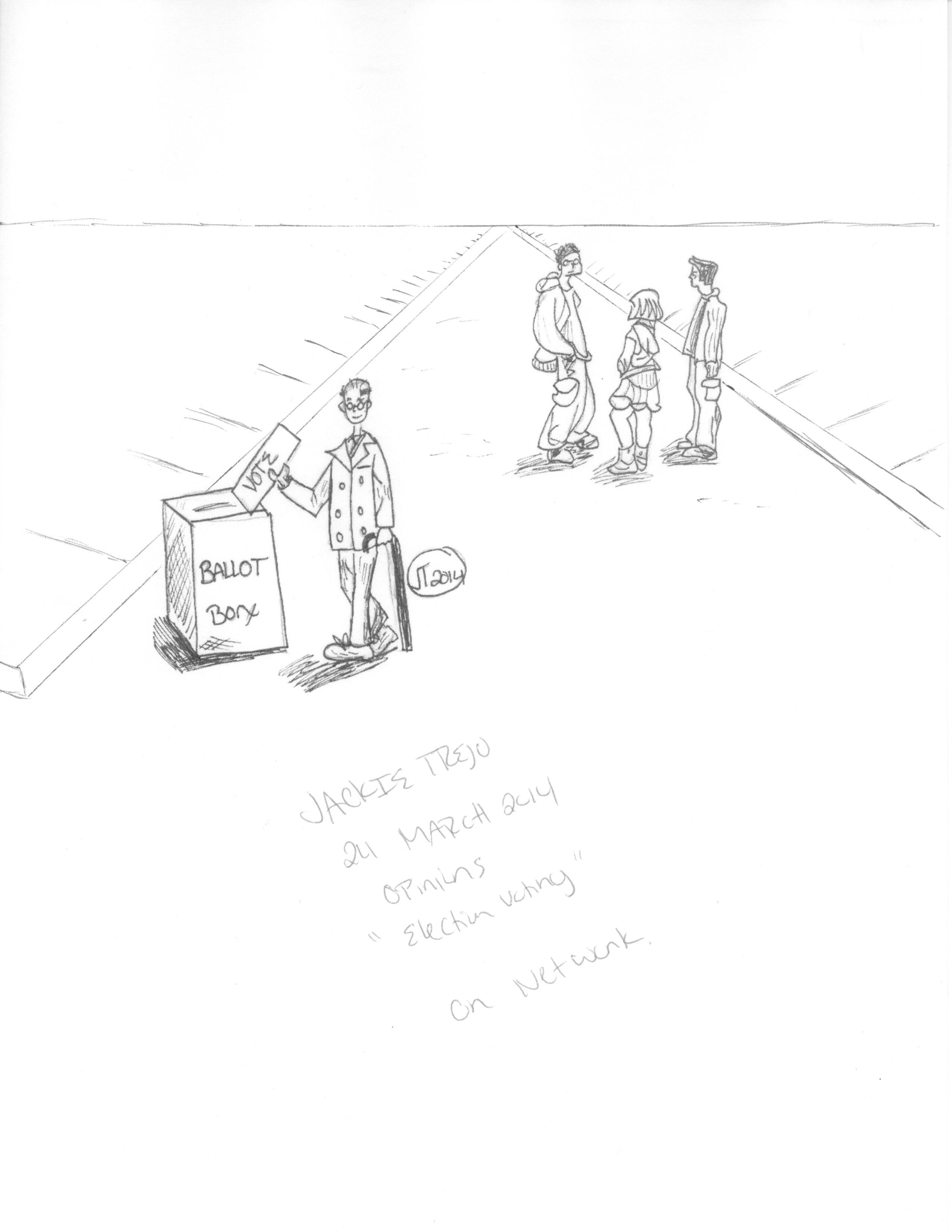
Riverside Community College district is buzzing with the activity of election season: or it isn’t. Sure, it’s election season and the Associated Students of Riverside City College are prepping for the work they have to do and the Board of Trustees has candidates campaigning to secure seats, but who else on campus really feels the buzz?
“They should’ve promoted it better,” said Ignacio Diaz, an RCC student. He has an interest in politics and now that he’s aware of the election he intends to vote, as long as he can find the voting booths.
“Why don’t I run?” said Diaz. “I thought about it, but honestly their page seems intentionally confusing.”
Doug Figueroa, the ASRCC president, is a registered sex offender who ran unopposed in last year’s elections, and won the election in the preceding year when his opponent dropped out of the race.
“I think the more competition, the better,” said Miguel Bagsit, Vice President.
According to the ASRCC Constitution, positions other than president and vice president can only be filled if there are at least two candidates. That rule does not apply to the presidency, and elections so Figueroa was able to serve a second year in a row.
Disinterest in the politics of RCC is part of an inherent disillusionment of the millennial generation toward the system in general.
“The so-called Millennial generation…is certain to become a growing share of the electorate,” according to www.pewresearch.org. “Today they are 25.5 percent of the age-eligible electorate. By 2020, they will be 36.5 percent. If history is a guide, this cohort of voters will increase its voter participation levels as it grows older.”
So it’s inevitable that we’ll be interested eventually.
It’s tempting at this point to be inclined to cynicism and surrender to a sense of disparity. However, it is also important to reject that reactionary way of thinking and remember that politics can change. Not the politics of our grandparents: the system is broken and there’s no hope for the traditionalists with old ways of thinking that persist in trying to preen the feathers of a bronze eagle. Where we do have hope is where we can invest our interest and effort into the system’s extremities. The senate currently only has 13 of the 45 senate positions filled by students.
Focusing on the areas we can effectively change will satisfy our own need for a sense of satisfaction, and secure our position for politics in our future. City council, student government and volunteer workers for campaigns are ways youth can stay engaged with the decisions that affect our lives now, and build foundations for later.
“Honestly, 2 percent of the population is active,” said Bagsit. “You have 2 percent of the population that’s really interested, really involved really engaged. The goal is how do you get the other 98 percent to get there.”
If we dedicate a minuscule of attention to the political structure in our closest environment, we can feel the reward of change and impact. The small structure of a student government means less work goes further, and a small amount of modern thinking appropriately directed can spark a fuse of change.
Could the ASRCC app be used to pose electoral debates, stream video to students or facilitate the vote? Currently ASRCC is trying to facilitate online voting through WebAdvisor. Are there other new creative solutions to old problems made possible by our generation? And how can we carry those effective changes upward into broader governing bodies.
We have to reject ideas of a broken system and discard the natural hopelessness that comes from a concrete, systemic and antique problem. We have to embrace the idea that we are poised to implement monumental changes. We are the youth born out of Internet, information and possibility. It’s time to rethink the past that grew to function out of dusty encyclopedias. We assume we have to follow archaic rules chiseled in stone, when we know how to implement the future. We hold the keys to political rebirth but change doesn’t begin with monumental changes in insurmountable legislation, but with practical modifications to the systems closest to us by the means most natural to us.
Student government is not another version of the distant man, but an opportunity for students to build the future.



